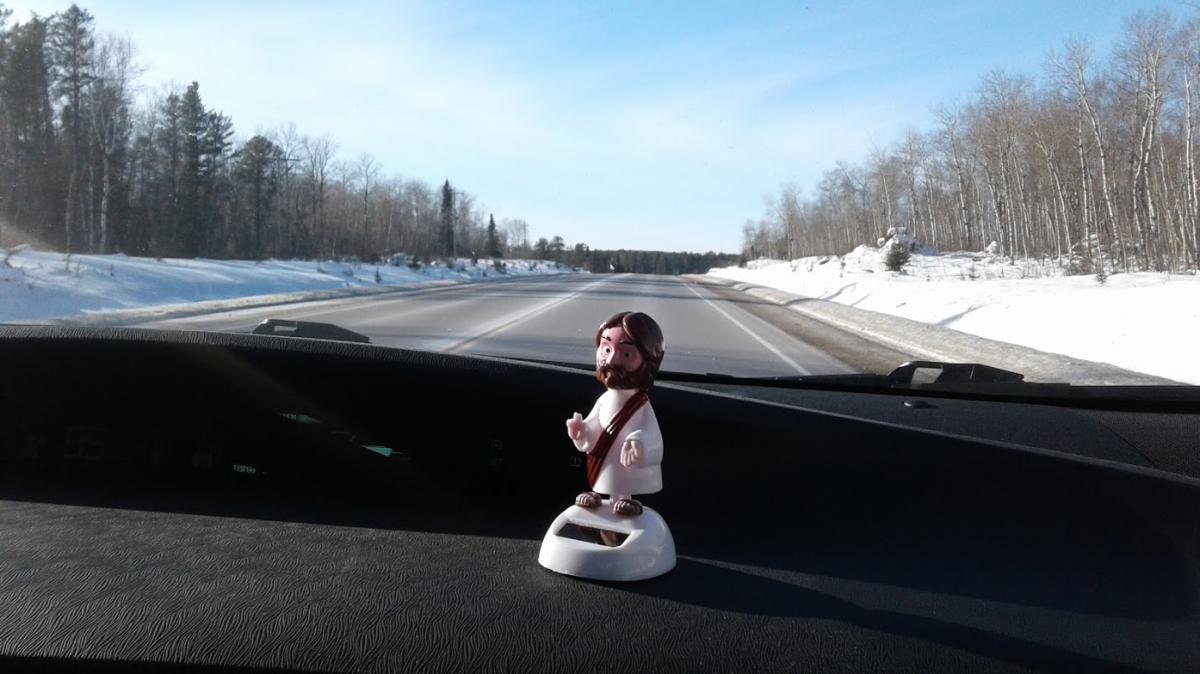Sermon - Mar 28, 2020 Those-who-do-these-things

Those-who-do-these-things
Psalm 15
1 O Lord, who may abide in your tent?
Who may dwell on your holy hill?
2 Those who walk blamelessly, and do what is right,
and speak the truth from their heart;
3 who do not slander with their tongue,
and do no evil to their friends,
nor take up a reproach against their neighbours;
4 in whose eyes the wicked are despised,
but who honour those who fear the Lord;
who stand by their oath even to their hurt;
5 who do not lend money at interest,
and do not take a bribe against the innocent.
Those who do these things shall never be moved.
+++++++
This Psalm is another of those magnificent ‘come to worship’ poems. The words suggest a mini spiritual inventory as you stand on the steps of the temple…the poet asking ‘Are you ready? Are you worthy? Are you in the right headspace to worship?’
And today I read it on the verge of the 5th Sunday in Lent, still unable to gather in person with the community that provides such strength and energy - such love and compassion - in our face-to-face gatherings. There will be no kibitzing in the choir room. Pamela will not have to call us to order. This week, my preparations went in to learning new video skills (and abandoning old ideas about what worship should or must look like.) I really believe that this time of enforced compassion - this staying home for the sake of everyone - will bring out the best in the people of God…but still I ask the questions that the Psalmist poses, and I wonder; Lord, are we able to abide? Are we doing it right, or is this our lesson in how to do it better?
Is this the time when we learn how to speak truth in love? Can we lay down our habits of reproach against one another, recognizing our collective frailty? Can we do what we’re told - even to our inconvenience? Will we protect the innocent…? Or are we stuck in our selfish ways?
The Psalms ask hard questions of God’s people, and they also utter the things we are afraid to say aloud. The poet worries that he (and his community) may not have ‘made the grade’, and if that is true, then all is lost.
But the Psalmist doesn’t get the last word. His are words among words that form but a part of the tradition of words that we are part of. And that tradition includes words of Paul and John and other anonymous authors who do what they can to bring Jesus before us. Jesus, who was god with his words, but also knows when to keep silent - sometimes just doodling in the dust until people reach their own conclusions. Into our culture of blame and shame, Jesus stands patiently in our midst to remind us that God has the last word, and that word is life.
Our story includes our relentless self-examination and our fruitless search for perfection, but the story ‘ends’ with God’s Easter surprise. The judgement is suspended. Life triumphs over death. And Jesus silent, glorious witness shouts of God’s abiding and eternal love for the whole of creation.
Questions of our worth and ability will persist. But the question of God’s intentions have been answered definitively by an empty tomb.
Thanks Be to God. Amen
++++++++++++++++++++++++++++++++
A Prayer for Saturday, the fourth week of Lent
(from EASTERTIDE - Prayers for Lent through Easter from THE DIVINE HOURS, compiled by Phyllis Tickle - Galilee press, 2004)
O God, who before the passion of your only-begotten Son
revealed his glory upon the holy mountain:
Grant that we, beholding by faith the light of his countenance,
may be strengthened to bear our cross,
and be changed into his likeness from glory to glory;
through Jesus Christ our Lord,
who lives and reigns with you and the Holy Spirit,
one God, forever and ever.
Amen
 St. John's
St. John's




